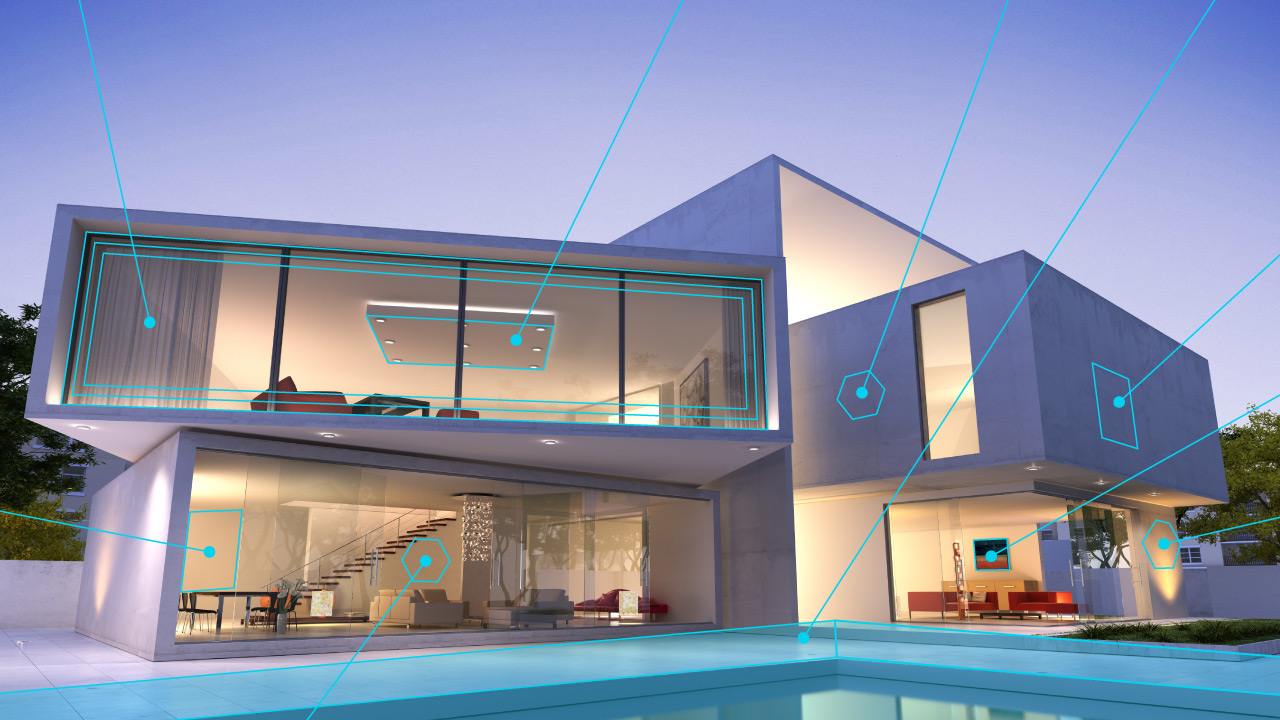
If you're trying to find the most affordable mortgage available, you're likely in the market for a traditional loan. Before committing to a lender, however, it's vital to comprehend the kinds of traditional loans readily available to you. Every loan alternative will have various requirements, benefits and drawbacks.

What is a conventional loan?

Conventional loans are simply mortgages that aren't backed by federal government entities like the Federal Housing Administration (FHA) or U.S. Department of Veterans Affairs (VA). Homebuyers who can receive standard loans ought to strongly consider this loan type, as it's likely to provide less pricey loaning choices.
Understanding conventional loan requirements
Conventional lending institutions typically set more strict minimum requirements than government-backed loans. For instance, a customer with a credit history below 620 will not be eligible for a traditional loan, however would receive an FHA loan. It is essential to take a look at the full picture - your credit score, debt-to-income (DTI) ratio, deposit quantity and whether your loaning needs exceed loan limitations - when picking which loan will be the finest suitable for you.
7 kinds of traditional loans
Conforming loans
Conforming loans are the subset of conventional loans that comply with a list of guidelines released by Fannie Mae and Freddie Mac, two unique mortgage entities developed by the government to assist the mortgage market run more efficiently and effectively. The standards that adhering loans should follow include a maximum loan limitation, which is $806,500 in 2025 for a single-family home in many U.S. counties.
Borrowers who:
Meet the credit rating, DTI ratio and other requirements for adhering loans
Don't require a loan that goes beyond present adhering loan limitations
Nonconforming or 'portfolio' loans
Portfolio loans are mortgages that are held by the lender, instead of being sold on the secondary market to another mortgage entity. Because a portfolio loan isn't passed on, it doesn't need to comply with all of the rigorous guidelines and standards associated with Fannie Mae and Freddie Mac. This indicates that portfolio mortgage loan providers have the versatility to set more lax qualification standards for debtors.
Borrowers looking for:
Flexibility in their mortgage in the kind of lower down payments
Waived private mortgage insurance coverage (PMI) requirements
Loan quantities that are greater than conforming loan limits
Jumbo loans
A jumbo loan is one kind of nonconforming loan that doesn't stick to the guidelines provided by Fannie Mae and Freddie Mac, however in a really particular way: by going beyond maximum loan limits. This makes them riskier to jumbo loan lending institutions, implying customers frequently face a remarkably high bar to credentials - surprisingly, though, it does not always suggest higher rates for jumbo mortgage debtors.
Take care not to puzzle jumbo loans with high-balance loans. If you need a loan bigger than $806,500 and live in a location that the Federal Housing Finance Agency (FHFA) has deemed a high-cost county, you can get approved for a high-balance loan, which is still considered a conventional, adhering loan.
Who are they best for?
Borrowers who need access to a loan larger than the conforming limitation quantity for their county.
Fixed-rate loans
A fixed-rate loan has a stable rates of interest that remains the exact same for the life of the loan. This removes surprises for the customer and indicates that your regular monthly payments never ever differ.
Who are they finest for?
Borrowers who desire stability and predictability in their mortgage payments.
Adjustable-rate mortgages (ARMs)
In contrast to fixed-rate mortgages, adjustable-rate mortgages have an interest rate that changes over the loan term. Although ARMs typically begin with a low rate of interest (compared to a typical fixed-rate mortgage) for an introductory duration, customers need to be prepared for a rate boost after this duration ends. Precisely how and when an ARM's rate will change will be set out because loan's terms. A 5/1 ARM loan, for example, has a fixed rate for 5 years before changing every year.
Who are they best for?
Borrowers who have the ability to re-finance or offer their home before the fixed-rate initial duration ends might save money with an ARM.
Low-down-payment and zero-down standard loans
Homebuyers trying to find a low-down-payment standard loan or a 100% funding mortgage - also understood as a "zero-down" loan, since no cash down payment is necessary - have numerous choices.
Buyers with strong credit might be qualified for loan programs that need only a 3% down payment. These consist of the conventional 97% LTV loan, Fannie Mae's HomeReady ® loan and Freddie Mac's Home Possible ® and HomeOne ® loans. Each program has a little different earnings limitations and requirements, however.
Who are they best for?
Borrowers who don't want to put down a big amount of money.
Nonqualified mortgages
What are they?
Just as nonconforming loans are defined by the truth that they don't follow Fannie Mae and Freddie Mac's rules, nonqualified mortgage (non-QM) loans are defined by the fact that they don't follow a set of guidelines provided by the Consumer Financial Protection Bureau (CFPB).
Borrowers who can't fulfill the requirements for a conventional loan might qualify for a non-QM loan. While they frequently serve mortgage borrowers with bad credit, they can likewise supply a method into homeownership for a range of people in nontraditional circumstances. The self-employed or those who desire to acquire residential or commercial properties with uncommon features, for instance, can be well-served by a nonqualified mortgage, as long as they comprehend that these loans can have high mortgage rates and other unusual functions.
Who are they best for?
Homebuyers who have:
Low credit scores
High DTI ratios
Unique circumstances that make it challenging to get approved for a conventional mortgage, yet are positive they can safely take on a mortgage
Pros and cons of traditional loans
ProsCons.
Lower down payment than an FHA loan. You can put down only 3% on a standard loan, which is lower than the 3.5% required by an FHA loan.

Competitive mortgage insurance rates. The cost of PMI, which kicks in if you do not put down at least 20%, might sound onerous. But it's less costly than FHA mortgage insurance coverage and, in some cases, the VA financing cost.
Higher maximum DTI ratio. You can stretch as much as a 45% DTI, which is greater than FHA, VA or USDA loans usually enable.
Flexibility with residential or commercial property type and occupancy. This makes conventional loans an excellent alternative to government-backed loans, which are restricted to debtors who will utilize the residential or commercial property as a primary residence.
Generous loan limits. The loan limitations for standard loans are often greater than for FHA or USDA loans.
Higher deposit than VA and USDA loans. If you're a military customer or reside in a rural location, you can utilize these programs to enter a home with zero down.
Higher minimum credit report: Borrowers with a credit report below 620 won't be able to certify. This is typically a higher bar than government-backed loans.

Higher expenses for specific residential or commercial property types. Conventional loans can get more costly if you're financing a made home, second home, condo or 2- to four-unit residential or commercial property.
Increased expenses for non-occupant customers. If you're funding a home you do not prepare to reside in, like an Airbnb residential or commercial property, your loan will be a bit more expensive.








